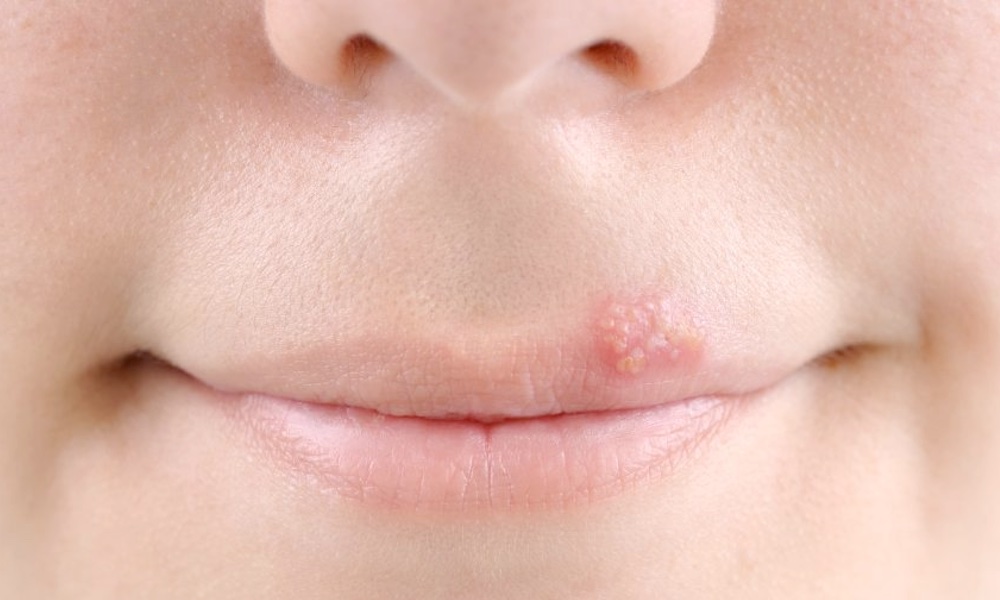Between 50 to 80 percent of Americans are carriers of the common virus that causes cold sores: HSV-1 or herpes simplex virus type 1. The virus appears to have other, more serious, effects on the body beyond cold sores, however.
Concerns about the connection between HSV-1 and Alzheimer's disease have recently been reignited.
The results of a newly reported study indicate that the presence of the cold sore virus plays a role in the development of Alzheimer's. They also point to the benefit of taking antiviral medications to lower the risk of developing the disease.
Over 7 million Americans are currently living with Alzheimer's, and this number is projected to rise to nearly 13 million by 2050. At the same time, it is estimated that between 50 to 80 percent of Americans carry HSV-1.The group with Alzheimer's disease tended to have more co-existing risk factors than those without it.
HSV-1 causes cold sores. But it can also lodge in a cluster of nerve cells in the brain known as the trigeminal ganglia.
In most cases, the HSV-1 virus remains latent, but under certain circumstances, such as when the immune system is suppressed or the body is under stress, the virus can be triggered and may travel to the brain.
To understand if HSV-1 plays a role in the development of Alzheimer's disease, researchers analyzed a large set of claims data from an expansive real-world dataset offering insights into insured patients in the U.S. for the years 2006-2021.
Participants diagnosed with Alzheimer's disease were matched for their age, sex, geographical region, database entry year and the number of their healthcare visits with a set of people without any history of neurological disease. There were just over 344,600 case-control pairs.
The group with Alzheimer's disease — nearly 65 percent were women with an average age of 73 — tended to have more co-existing risk factors than those without it. Not surprisingly, the risk for Alzheimer's rose with age in both men and women.
The study found that:
- Forty percent of the 2,330 people with a history of HSV-1 infection used antiherpetic medication after their diagnosis; roughly 60 percent did not.
- Of the population that used the medication, 17 percent were less likely to develop Alzheimer's disease than those who didn't use these treatments.
- Other herpes viruses, including HSV-2 and varicella zoster virus infections, were also associated with a heightened risk of Alzheimer's disease.
Exactly how HSV-1 and other neurotropic viruses might increase the risk of dementia remains unclear. “However, studies have shown that inflammatory alterations in the brain caused by HSV infection are pivotal in (Alzheimer's disease) development,” the research team explained in a press release.Other herpes viruses, including HSV-2 and varicella zoster virus infections like chicken pox and shingles, were also associated with a heightened risk of Alzheimer's disease.
Ultimately, the researchers concluded, “These findings place an even greater emphasis on viewing the prevention of herpes viruses as a public health priority.” Because the study was observational rather than a controlled experiment, no firm conclusion in terms of cause and effect could be drawn. That said, however, the results are in line with other studies on HSV-1 and its connection to Alzheimer's.
If you have HSV-1, how can you avoid spreading it to others? The World Health Organization (WHO) recommends that people with symptoms of oral herpes avoid oral contact with others (including oral sex) and sharing objects that touched saliva. Both HSV-1 and HSV-2 are most contagious when sores are present, but they can also be transmitted when no symptoms are felt or visible.
The study is published in BMJ Open.





